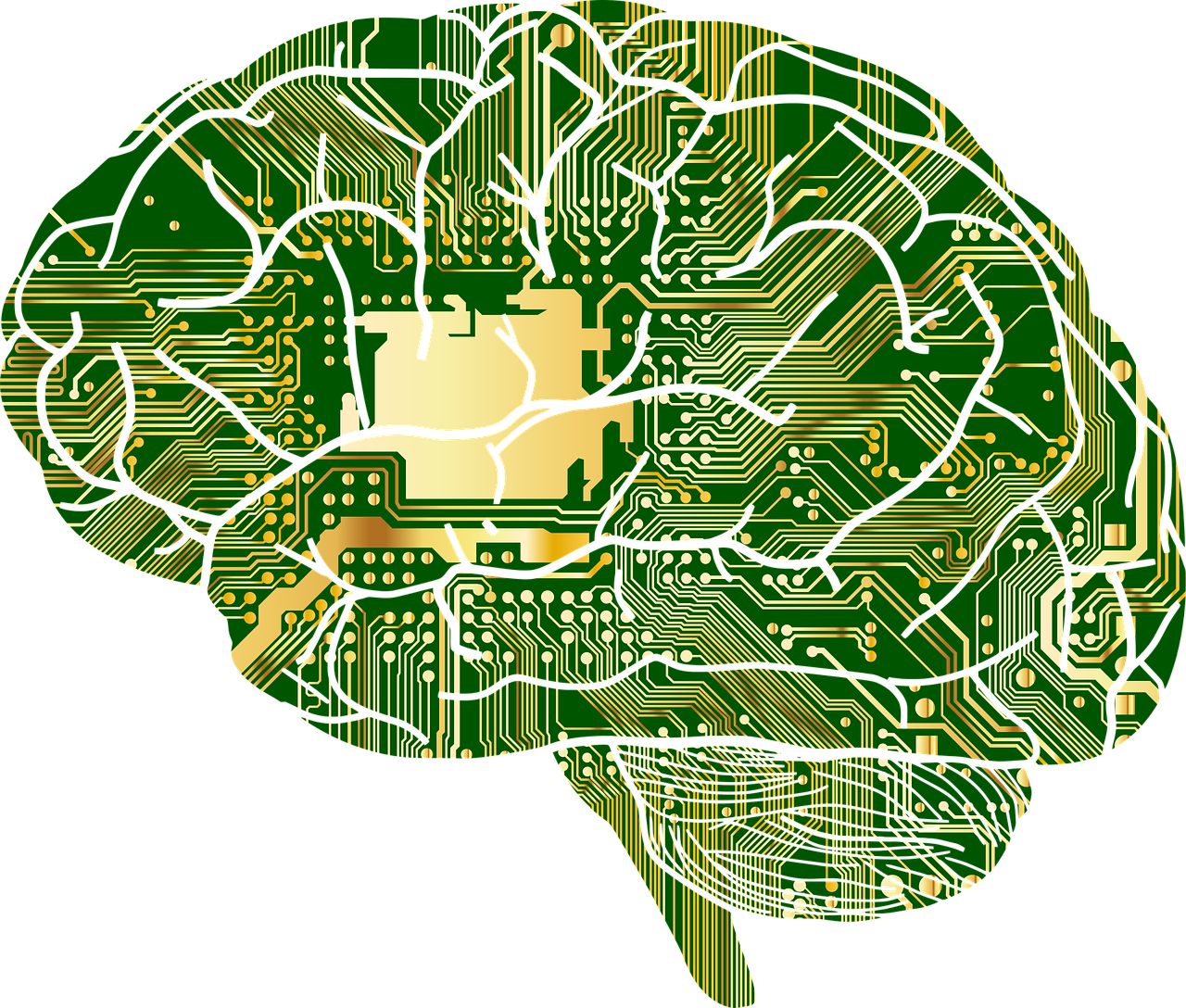The Evolution and Impact of AI in Digital Marketing: Unveiling the Future
The landscape of digital marketing is undergoing a seismic transformation, with Artificial Intelligence (AI) emerging as a dynamic force that is reshaping the way brands connect with consumers. The fusion of AI and digital marketing has given rise to a new era of hyper-personalization, data-driven decision-making, and unprecedented efficiency. In this comprehensive article, we will delve into the evolution, impact, and potential of AI in digital marketing, uncovering the ways it is revolutionizing strategies and reshaping the future of the industry.
Understanding the AI Revolution in Digital Marketing
Artificial Intelligence encompasses the simulation of human intelligence in machines, enabling them to perform tasks that typically require human cognitive functions. In the context of digital marketing, AI systems can analyze vast amounts of data, extract insights, predict trends, and automate processes with exceptional accuracy.
The Evolution of AI in Digital Marketing
The journey of AI in digital marketing began with rudimentary automation and has evolved into a sophisticated ecosystem that offers transformative capabilities:
1. Data Collection and Analysis
AI algorithms gather and analyze massive volumes of data from various sources, providing marketers with actionable insights into consumer behavior, preferences, and trends.
2. Personalization at Scale
AI enables hyper-personalized marketing by tailoring content, offers, and recommendations to individual consumers based on their past behaviors and preferences.
3. Natural Language Processing (NLP)
NLP enables AI to understand and generate human language, revolutionizing customer interactions through chatbots, virtual assistants, and sentiment analysis.
4. Predictive Analytics
AI-powered predictive analytics forecast future trends, allowing marketers to anticipate consumer needs and preferences, making campaigns more targeted and effective.
5. Programmatic Advertising
Programmatic advertising leverages AI to automate ad buying and placement in real-time, optimizing campaigns for maximum impact and efficiency.
6. Content Creation
AI-generated content is becoming more sophisticated, producing everything from product descriptions to social media posts, saving time and resources.
7. Voice Search Optimization
AI-driven voice assistants like Siri and Alexa are changing SEO strategies, requiring marketers to optimize for voice-based search queries.
8. Customer Journey Mapping
AI analyzes customer interactions across multiple touchpoints, facilitating the creation of seamless, personalized customer journeys.
The Impact of AI in Digital Marketing
1. Enhanced Customer Insights
AI unlocks deep customer insights by analyzing data patterns, preferences, and behaviors. This insight informs targeted campaigns and fosters meaningful engagement.
2. Real-Time Decision-Making
AI-driven real-time data analysis allows marketers to make informed decisions instantly, optimizing campaigns on the fly for better results.
3. Personalization and Engagement
Hyper-personalization powered by AI ensures that every interaction resonates with customers, enhancing engagement and driving brand loyalty.
4. Improved Customer Support
AI-driven chatbots offer 24/7 customer support, resolving queries and issues promptly, leading to enhanced customer satisfaction.
5. Efficient Resource Allocation
AI optimizes ad spending by analyzing performance data and reallocating resources to the most effective channels and campaigns.
6. Content Optimization
AI analyzes content performance and user preferences, enabling marketers to create content that resonates with their audience.
7. Better Lead Generation
AI algorithms identify potential leads based on their online behaviors and interactions, streamlining lead generation processes.
8. Seamless User Experience
AI enhances user experience by delivering relevant content, recommendations, and offers at every touchpoint.
The Future of AI in Digital Marketing
As technology continues to advance, the future of AI in digital marketing holds tremendous potential:
1. Hyper-Personalization
AI will refine personalization further, creating experiences that feel tailor-made for each individual.
2. AI-Generated Creativity
AI will collaborate with human creativity to generate compelling, personalized content that resonates with audiences.
3. Voice and Visual Search Dominance
Voice and visual search will gain prominence, requiring marketers to optimize their strategies for these evolving search paradigms.
4. AI-Driven Ethics and Regulation
As AI becomes more integral, ethical considerations and regulatory frameworks will emerge to ensure responsible use of data and algorithms.
5. Cross-Channel Integration
AI will seamlessly integrate campaigns across multiple channels, delivering consistent and coherent messaging to customers.
6. Enhanced Marketing Automation
AI will automate complex marketing tasks, allowing marketers to focus on strategy and creativity.
7. Predictive Customer Behavior Analysis
AI will predict customer behaviors with higher accuracy, aiding in designing precise marketing campaigns.
Overcoming Challenges and Embracing AI
While AI promises a bright future for digital marketing, there are challenges to overcome:
1. Data Privacy and Security
As AI relies on data, ensuring privacy and security of consumer information is paramount.
2. Human-AI Collaboration
Finding the right balance between human creativity and AI’s analytical power is a challenge marketers must address.
3. Algorithmic Bias
Guarding against algorithmic bias ensures fairness and equitable representation in AI-driven campaigns.
Conclusion
The marriage of AI and digital marketing is a symbiotic partnership that is changing the way brands and consumers interact. As AI technologies continue to advance, marketers must embrace innovation while staying mindful of ethical considerations and data privacy. The future holds immense possibilities for AI-powered campaigns that resonate, engage, and delight audiences on unprecedented levels. The evolution of AI in digital marketing is not just a revolution—it’s a reimagining of the marketing landscape that promises a more connected and personalized future for brands and consumers alike.
